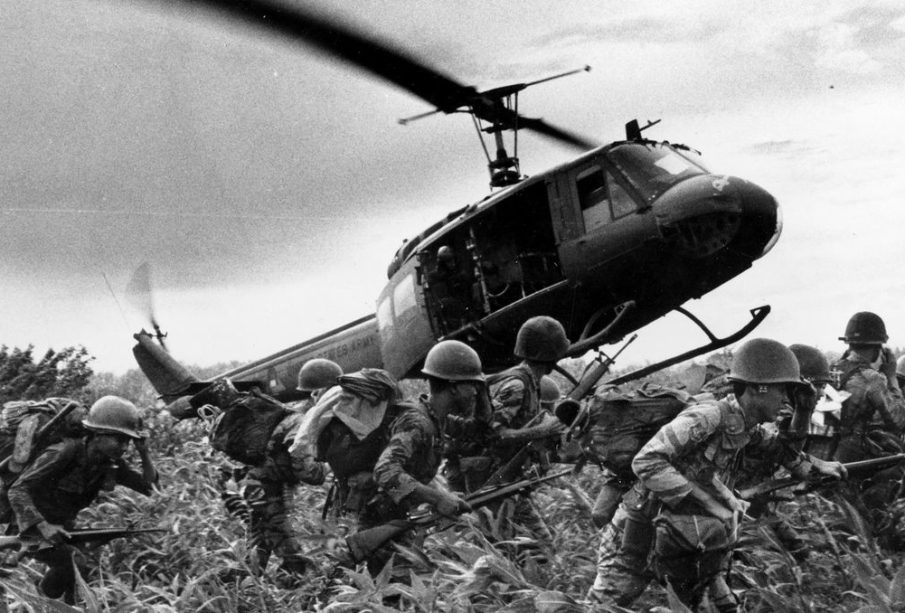An Overview of the Vietnam War: Its Relevance Today

Introduction
The Vietnam War, which spanned from the mid-1950s to 1975, remains one of the most significant conflicts in modern history. This war not only shaped the geopolitical landscape of Southeast Asia but also had profound social, cultural, and political impacts across the globe. Understanding the Vietnam War is crucial for grasping the complexities of modern warfare, foreign policy, and the enduring consequences of conflict on societies.
Key Events and Facts
The Vietnam War began as a civil war between the communist government of North Vietnam and the non-communist government of South Vietnam, with the United States increasingly involved as a part of its containment strategy against the spread of communism. By the late 1960s, U.S. military involvement escalated dramatically, reaching a peak of over 500,000 troops. This involvement was met with widespread protests and opposition within the United States, particularly among younger Americans who questioned the motives and consequences of the war.
The Tet Offensive in January 1968 marked a significant turning point in the war. While militarily, it was a failure for the North Vietnamese, the scale and surprise of the invasion shifted public opinion in the United States, leading many to demand an end to U.S. involvement. By 1973, after extensive negotiations, U.S. forces were withdrawn from Vietnam, but the conflict continued until 1975, when North Vietnam captured Saigon, leading to the reunification of Vietnam under communist control.
Impact and Significance
The Vietnam War had lasting ramifications, not just for Vietnam but also for American society. It led to the deaths of millions, destroyed vast landscapes, and left a legacy of trauma that continues to affect veterans and civilians alike. The war also sparked significant cultural shifts, fueling anti-war movements, changes in music and art, and influencing public perceptions of government transparency and accountability.
In contemporary discussions, the Vietnam War serves as a case study for understanding the complexities of military engagement, the moral implications of foreign intervention, and the long-term consequences these actions have on global relations. It also has relevance in evaluating the role of media in shaping public opinion during wartime.
Conclusion
Reflecting on the Vietnam War allows for a deeper understanding of not only the conflict itself but also its influence on contemporary issues such as military strategy, trauma, and the political landscape. As nations grapple with similar dilemmas in modern conflicts, the lessons learned from the Vietnam War remain salient. It is crucial for current and future generations to study this pivotal moment in history, ensuring that the mistakes of the past are not repeated as society navigates an increasingly complex geopolitical terrain.








